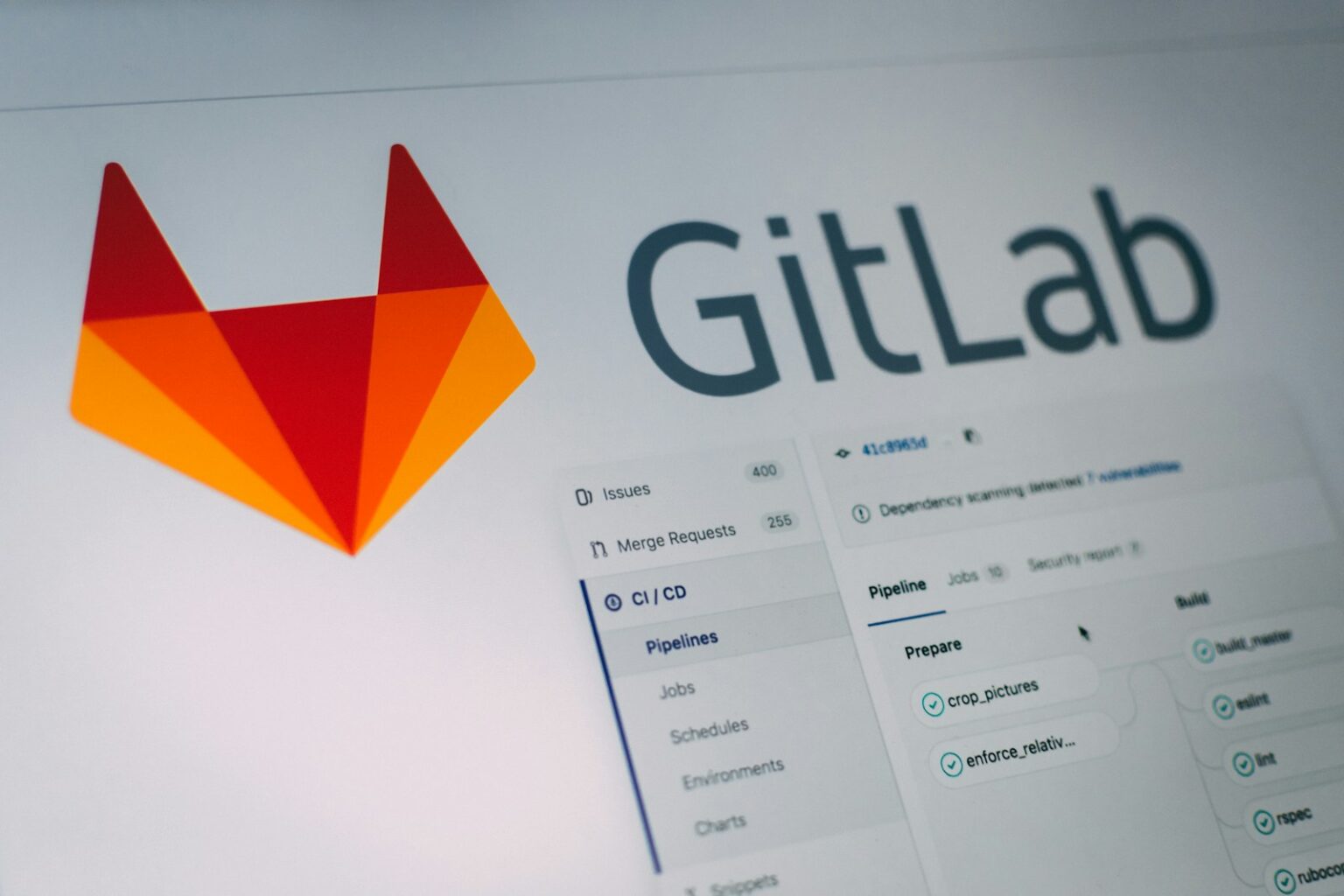A developer’s day is often a constant juggle. You write code. You try to understand old systems. You struggle with project pipelines. It can be overwhelming. The promise of AI was to help with this. But often, it just feels like another tool to learn.
GitLab’s latest release, version 18.4, wants to change this. The big idea is to stop treating AI like a smart parrot and start treating it like a custom-built member of your team. It’s a whole new way to think about artificial intelligence in your daily work.
Build a custom AI agent to be the exact colleague you need
The most exciting new feature is GitLab’s new AI Catalog. Think of it like a training ground for your own digital apprentices. Every team has its own way of doing things. Now, you can teach that special knowledge directly to an AI.
Imagine you could create a ‘Security Specialist’ agent. This agent knows your company’s security rules perfectly. It automatically flags issues in every piece of code submitted. Or what about a ‘Documentation Pro’ agent? It could take your rough notes and instantly create perfectly formatted guides. It would use the exact style your team prefers. You could even create a ‘Bug Squasher’ agent. This agent would file bug reports with the precise format your manager insists on, every single time.
This is about taking the boring, repetitive tasks and giving them to an AI. An AI that does them your way. These agents fit right into your workflow. They become a natural part of how you work, not another app that distracts you.
Giving your AI a map of your code
An AI teammate is only useful if it actually understands your project. We have all seen chatbots give confident but wrong answers. This happens because they lack context. That’s where the new GitLab Knowledge Graph comes in.
The new GitLab Knowledge Graph creates a living, breathing map of your entire codebase. It doesn’t just see files. It understands the connections between them. It knows how a change in one area might cause problems in another. You can ask it real questions, like, “What other services does this change impact?” and get a real answer.
For your new AI agents, this is a game-changer. It’s the difference between wandering in the dark and having a complete architectural blueprint. It gives them the deep context they need to give you truly helpful advice.
An AI that helps fix broken code
Even with the best team, things still break. Every developer knows that sinking feeling when a critical process, or ‘pipeline’, fails. The new ‘Fix Failed Pipelines Flow’ is designed to help.
This feature is smart because it is business-aware. It understands that a broken pipeline on the main customer-facing app is a huge emergency. But a failure in an experimental feature can probably wait. It analyzes the error logs with this context. It identifies the real cause of the problem. It even suggests a fix by creating a merge request for you to approve. It’s like having a senior engineer who not only spots the problem but also understands its urgency and helps you fix it.
You are always in control of the AI
Letting an AI have access to your company’s private code can feel risky. GitLab understands this anxiety. They have built in important safety controls.
First, GitLab gives you full control to select which large language models (LLMs) power your AI features. This means you can stick with providers you already know and trust. Even better is the new Context Exclusion feature. This lets you draw red lines around sensitive parts of your project. You can block access to files with secrets, passwords, or key company algorithms. You can tell the AI, “You cannot access this. Ever.” This gives you the confidence to use AI without risking your most important data.
A new way of working together
This release shows a new vision for the future of software development. It’s not about replacing humans. It’s about making humans work better with AI. GitLab CEO Bill Staples put it perfectly:
“We are reimagining the future of software engineering as a human and AI collaboration, where developers focus on solving technical, complex problems and driving innovation, while AI agents handle the routine, repetitive tasks that slow down progress.”
GitLab’s latest tools promise a future where you are not just a coder. You are an orchestrator. You collaborate with a team of specialized AI agents to solve problems faster and better than ever before.















